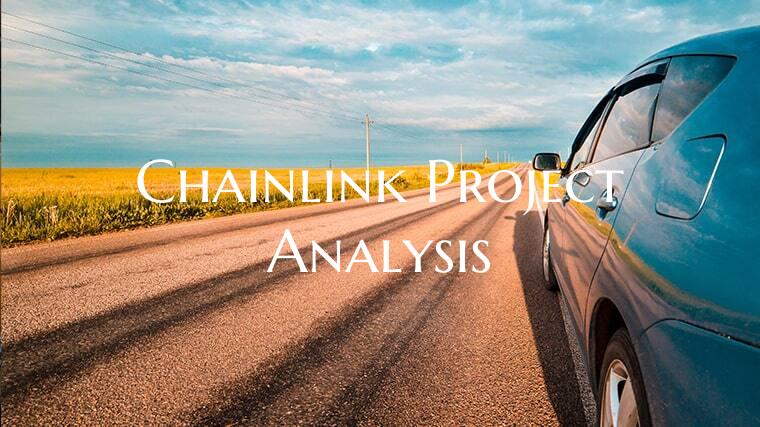Chainlink Project Analysis
Chainlink Project Analysis
Chainlink is a decentralized oracle network that aims to connect smart contracts with real-world data and external APIs. Launched in 2017 by Sergey Nazarov and Steve Ellis, Chainlink has gained significant attention within the blockchain and cryptocurrency space due to its unique approach to solving the oracle problem.
Oracles play a crucial role in smart contract functionality by serving as intermediaries that fetch and deliver external data to these self-executing contracts. However, the reliance on centralized oracles introduces a single point of failure and potential security risks. Chainlink addresses this issue by providing a decentralized network of oracles that securely deliver off-chain data onto the blockchain.
One of Chainlink's key strengths lies in its decentralized architecture, which ensures data integrity and reliability through a network of independent node operators. These operators are incentivized to provide accurate data and are penalized for misbehavior, thereby enhancing the overall security and robustness of the network.
Furthermore, Chainlink's use of a data aggregation mechanism enables the compilation of data from multiple sources to generate a single trusted data feed. This approach enhances the accuracy and tamper-resistance of the data being fed into smart contracts, making Chainlink a preferred choice for projects requiring high-quality external data inputs.
In addition to its technical capabilities, Chainlink has also established strategic partnerships with leading blockchain projects and traditional enterprises. These partnerships have enabled Chainlink to expand its network and utility, further solidifying its position as a prominent player in the blockchain ecosystem.
Overall, the Chainlink project stands out for its innovative approach to solving the oracle problem, robust decentralized architecture, and strategic collaborations. As the demand for trusted off-chain data continues to grow, Chainlink is well-positioned to play a key role in facilitating the seamless integration of smart contracts with real-world data sources.
